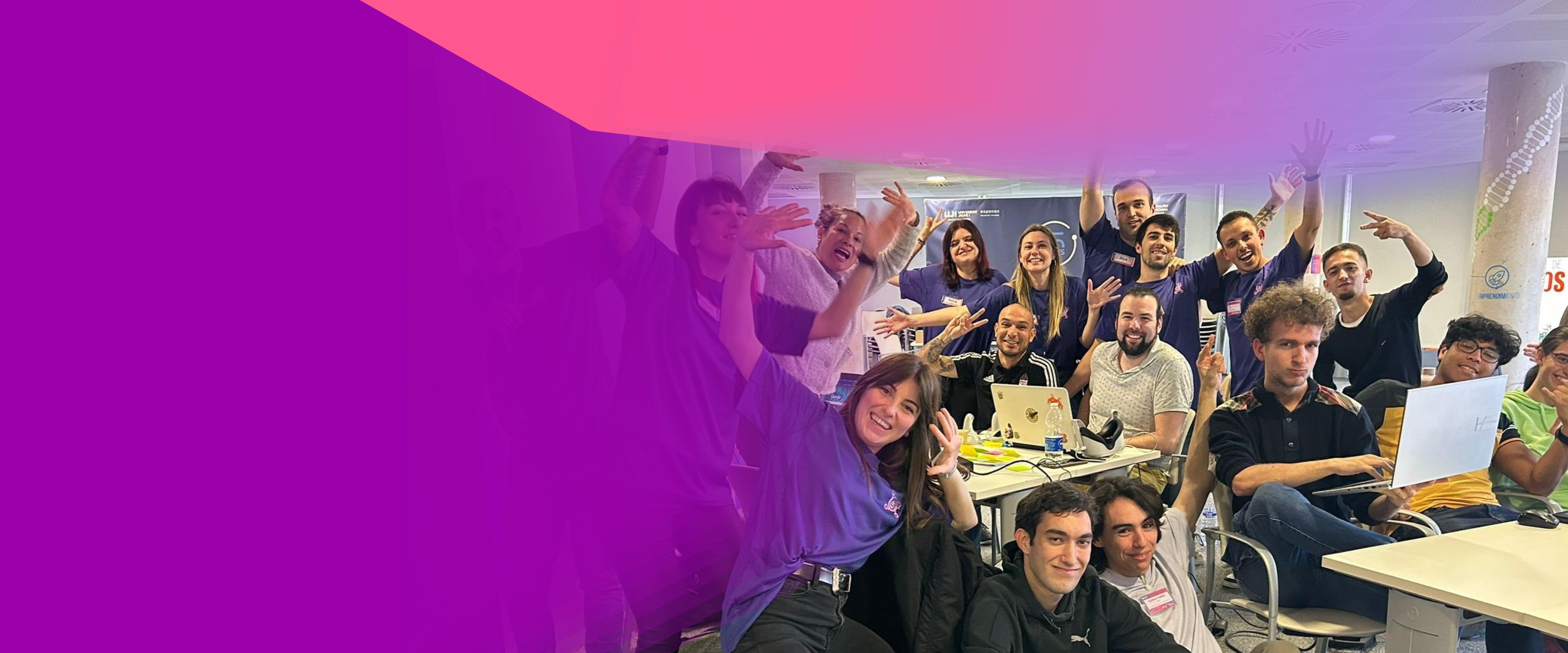AI in Education
Guidelines:
1. Relevance to Personal Experience: Start by identifying a specific university course you've attended that you believe could benefit from an AI-driven approach. Describe the current challenges or limitations of the course's traditional teaching methods.
2. AI Integration: Clearly outline how AI will be integrated into the teaching method or tool. This could be in the form of personalised learning pathways, real-time feedback mechanisms, smart content generation, predictive analytics for student performance, or any other innovative application of AI.
3. Inclusivity: Ensure that your solution caters to diverse learners, considering different learning styles, backgrounds, and abilities. AI should be used as a tool to bridge gaps, not create them.
4. Sustainability: Think long-term. How will your solution adapt as technology and curricula evolve? Consider both the technological and pedagogical scalability of your solution.
5. Ethics and Bias: It's imperative to consider the ethical implications of your AI-driven tool or method. Address potential biases in AI algorithms and design solutions that promote fairness and transparency.
The location for this onsite hackathon is Fablab Unitrento - DISI - Via Sommarive , 9.
Questions?
francesca.fiore@unitn.itWho can join?
07 - 07 NOV 2023
Register by 05 NOVOnsite
Trentino, Italy - Italy
The Learning Experience
Challenge and goals
Our primary goal is to foster innovation in education by harnessing the power of AI to transform university-level teaching and learning. Through this hackathon, we aim to achieve the following outcomes:
-
Innovative Solutions: Encourage participants to develop cutting-edge AI-driven teaching methods or tools that address specific challenges in university courses.
-
Enhanced Learning Experience: Improve the quality of education by creating solutions that provide personalised learning pathways, real-time feedback, and smart content generation, enhancing the overall learning experience.
-
Inclusivity: Ensure that the solutions developed cater to a diverse range of learners, making education accessible to all, regardless of their backgrounds, learning styles, or abilities.
-
Sustainability: Promote long-term thinking by encouraging participants to design solutions that can adapt to evolving technology and curricula, ensuring their continued relevance.
-
Ethical AI: Emphasise the importance of ethical considerations in AI development, urging participants to create tools that are transparent, fair, and free from bias.
Expectations and requirements for the solutions and participants
We have the following expectations and requirements for participants in this hackathon:
-
Course Identification: Participants should clearly identify a university course they have experience with and explain the current challenges or limitations of traditional teaching methods in that course.
-
AI Integration: Solutions should incorporate AI in a meaningful and innovative way to enhance the teaching and learning experience. Participants should provide detailed outlines of how AI will be utilized.
-
Inclusivity: Solutions should be designed to accommodate diverse learners, considering various learning styles, backgrounds, and abilities. This inclusivity should be a core element of the proposal.
-
Sustainability: Participants should consider the long-term viability of their solutions, both from a technological and pedagogical standpoint. How will the solution adapt to changes in technology and curriculum?
-
Ethical Considerations: Address the ethical implications of AI integration, focusing on potential biases and ensuring that the proposed solutions promote fairness, transparency, and responsible AI usage.
-
Presentation: Each team will be required to present their solution, including a demonstration or prototype, and articulate its potential impact on education during the hackathon event.
Schedule
-
9-13
what a day - morning session
8:45 – Sign-in and welcome activities 9:00 – Opening 9:15 – Explanation of what needs to be submitted to the jury at the end of the day 9:30 – Introduction to the mentors, including how and in what ways they can offer assistance 9:30-10:30 – Session for generating ideas 10:30 – Advice on crafting a Value Proposition and achieving economic sustainability 11:00 – Team working time 12:40 – Quick 30-second pitch: Define the problem, context, and your solution 13:00 – Lunch is served! -
13-19
what a day - afternoon session
13:00 – Lunch is served! Note: There will not be an official break. 13:30 – Teamwork session, now with mentor guidance 17:30 – Project presentations to the jury, followed by feedback and voting 19:00 – Event conclusion




